In a striking development, the Islamic State Khorasan Province (ISKP) recently released a 36-minute propaganda video declaring war on Baloch armed groups, particularly the Baloch Liberation Army (BLA) and the Baloch Liberation Front (BLF). The group accused these Baloch organisations of killing its members and dismantling an ISKP terror camp in Mastung, Balochistan, during March 2025. More alarmingly, ISKP threatened to target unarmed Baloch civilians, marking a dangerous escalation in an already volatile region.
This declaration of hostility by ISKP has not received a response from Baloch armed groups yet, but it has raised serious concerns about the involvement of state-aligned forces in deploying religious extremism as a counter-insurgency tool against Baloch nationalist movements.
Understanding ISKP: Origins and Evolution
ISKP emerged in late 2014 in eastern Afghanistan as a regional offshoot of ISIS at a time when the latter was at its peak in Syria and Iraq. Composed of former members of the Afghan and Pakistani Taliban as well as recruits from Central and South Asia, ISKP quickly gained notoriety for its indiscriminate violence and anti-civilian operations. After a brief period of decline, the group resurfaced with new force after the Taliban’s takeover of Kabul in August 2021.
One of ISKP’s deadliest attacks occurred on August 26, 2021, during the US withdrawal from Kabul, killing 13 US servicemen and over 100 civilians at the airport. Since then, it has targeted Taliban officials, foreign diplomats, and religious minorities, using social media for recruitment and propaganda. Its ideological stance rejects the Taliban’s vision of Sharia governance, accusing it of betraying Islamic law.
Quick Reads
View AllBalochistan as a Strategic Ground: The Proxy Element
The presence of ISKP in Balochistan has been reported multiple times over the years. Some sources allege that senior ISKP operatives have held meetings with remnants of ISIS leadership from Syria and Iraq in this region, indicating efforts to establish a strategic hub in Balochistan to expand its terror activities into South Asia.
Zabihullah Mujahid, spokesperson for the Afghan Taliban government, recently stated that ISKP militants were trained in Pakistan’s Khyber Pakhtunkhwa and Balochistan provinces under the supervision of Pakistani intelligence agencies and were used for cross-border attacks. Although both Islamabad and Kabul have traded accusations of supporting terrorism, neither side has presented concrete evidence. However, recurring ISKP activity in Balochistan lends weight to suspicions of covert facilitation.
The timing of ISKP’s video, closely following a press conference by Pakistan’s military spokesperson (DG ISPR), who explicitly declared war against Baloch armed groups and BYC leadership, suggests a coordinated psychological and ideological campaign.
State Strategy: Religious Extremism Against Nationalist Movements
The use of extremist proxies is not unprecedented in Pakistan’s counterinsurgency doctrine. In the past, groups like Lashkar-e-Jhangvi, Sipah-e-Sahaba, Musallah Defa Tanzeem, and Jaish al-Adl were reportedly used to suppress Baloch nationalist sentiment. These outfits often targeted intellectuals, professors, students, and common citizens under the guise of religious orthodoxy, particularly in regions such as Awaran during the Zikri-Muslim tension.
Such tactics aimed to divide Baloch society along sectarian lines and delegitimise the secular-nationalist leadership. However, these efforts largely failed and instead generated further alienation, resistance, and political awareness among Baloch youth.
BYC Under Siege: Targeting Nonviolent Resistance
The Baloch Yakjehti Committee (BYC), a peaceful political organisation advocating for the rights of Baloch people, has become the face of civilian resistance. Led by figures like Mahrang Baloch, BYC has mobilised mass protests demanding the return of forcibly disappeared persons, accountability for state violence, and an end to resource exploitation in Balochistan.
Despite its peaceful nature, BYC is now facing a harsh crackdown. Since late March, key leaders have been arrested under draconian laws such as the Maintenance of Public Order (3MPO), while the military has accused BYC of being an Indian proxy—without presenting any credible evidence.
Connecting the dots between the DG ISPR’s statements, the ISKP video, and threats to target BYC rallies, many analysts argue this reflects the old “religious card” being played through a new proxy. The fear is that BYC’s unarmed members, especially women and students participating in rallies, may become easy targets for both state-backed repression and extremist attacks.
Resilience of Baloch Armed Groups and Civil Society
The Baloch armed resistance today is at its most advanced phase in decades. Compared to previous insurgencies, groups like the BLA and BLF have developed a more structured command, modern weaponry, and guerrilla capabilities suited to Balochistan’s rugged terrain. Reports suggest that Baloch fighters dismantled an ISKP camp in Mastung, allegedly killing up to 30 militants—though no group has formally claimed responsibility. This not only shows their operational strength but also sends a message: Balochistan will not be allowed to become a haven for religious terrorism.
Historically, Baloch nationalist groups have rejected religious extremism, advocating for a secular and democratic political future. They have consistently accused the Pakistani state of creating and manipulating extremist outfits to undermine their cause.
A Dangerous Escalation with Regional Implications
The ISKP video declaring war on Baloch insurgents, coupled with threats to civilian movements like BYC, marks a troubling turn. It reflects a broader strategy to criminalise both armed and peaceful resistance by invoking religious extremism as a counterforce.
In a region already plagued by decades of militarisation, enforced disappearances, and economic marginalisation, the insertion of an extremist element like ISKP could lead to widespread civilian casualties and further radicalisation.
Rather than addressing the legitimate grievances of the Baloch people through political dialogue, the state appears to be repeating the failed tactics of proxy warfare. This not only threatens Baloch society but could destabilise the region further, drawing in regional powers and worsening cross-border tensions.
If history is any guide, such strategies are unlikely to succeed in crushing the Baloch movement—but they may succeed in deepening the tragedy of Balochistan.
Amir Naeem (X: @AmirNaeem800124) is a student of International Relations, International University Islamabad, hailing from Balochistan. Views expressed in the above piece are personal and solely those of the writer. They do not necessarily reflect Firstpost’s views.


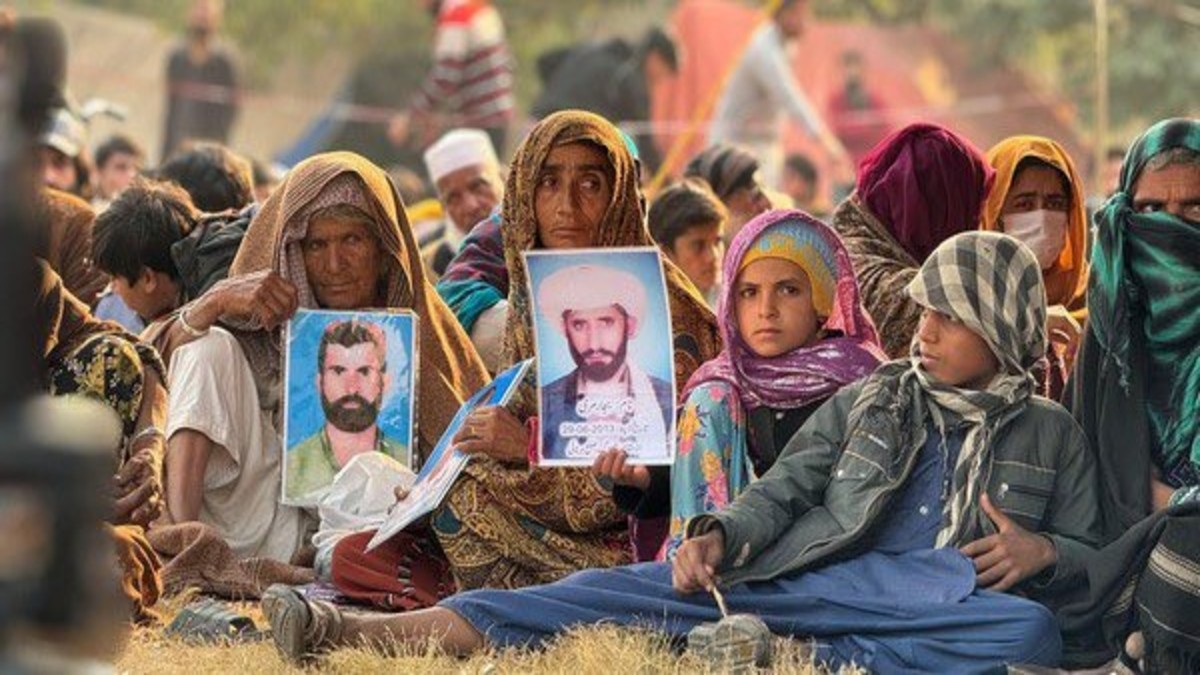)
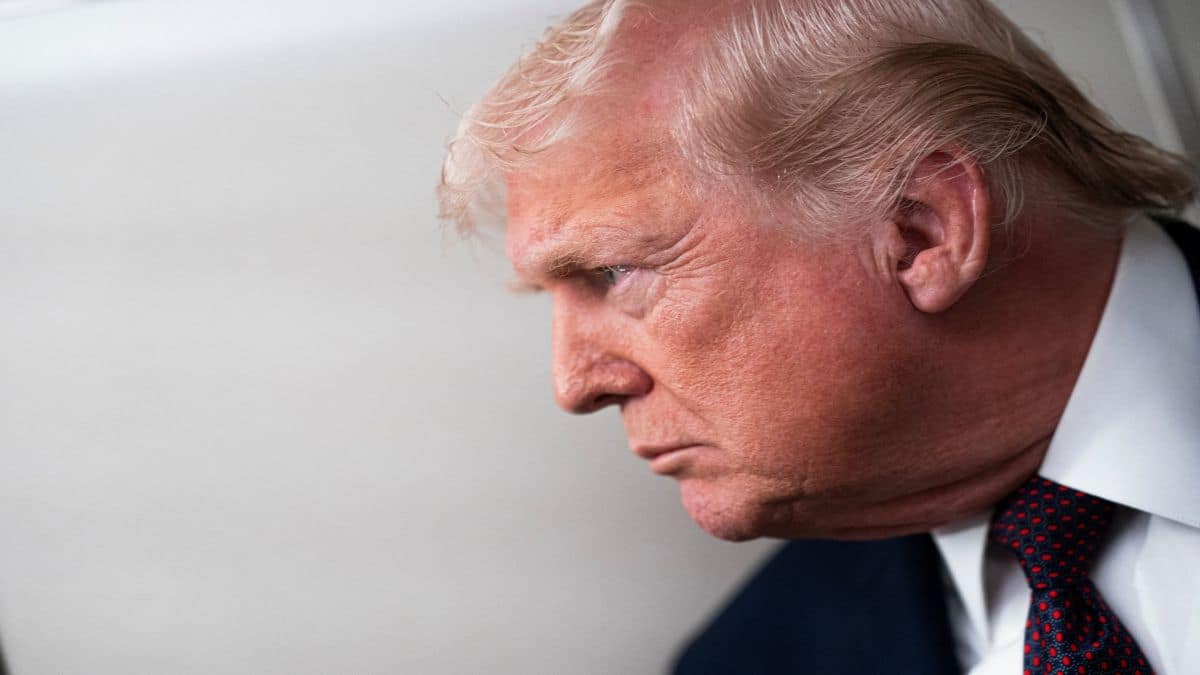
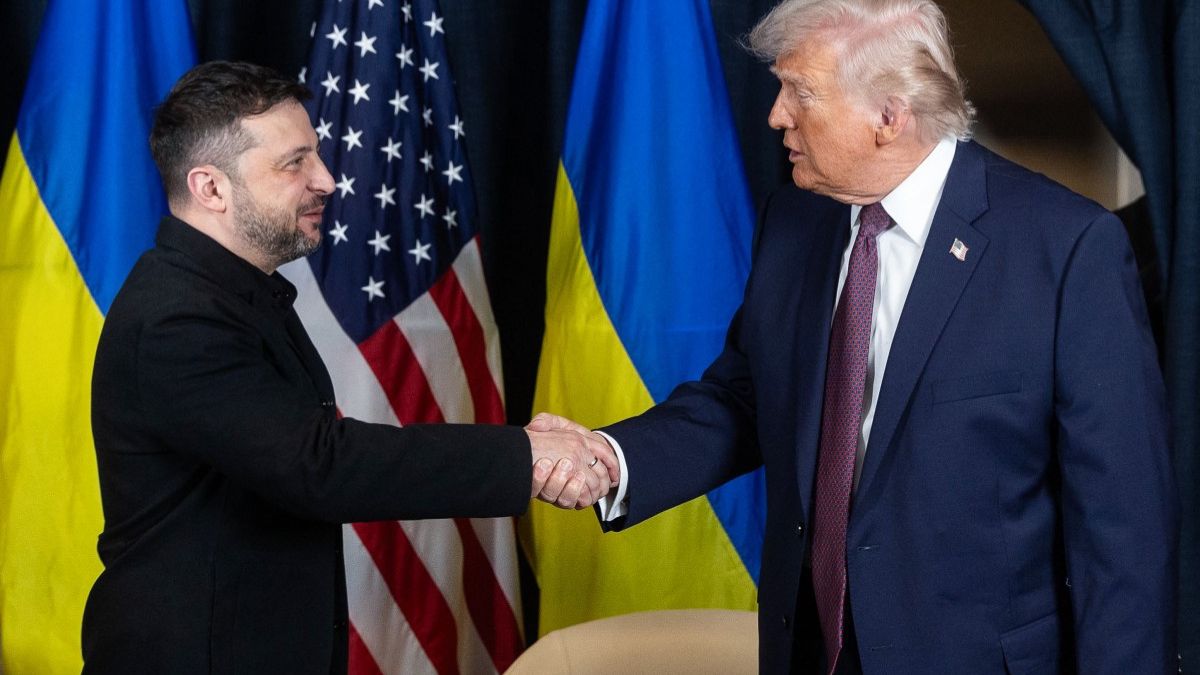)
)
)
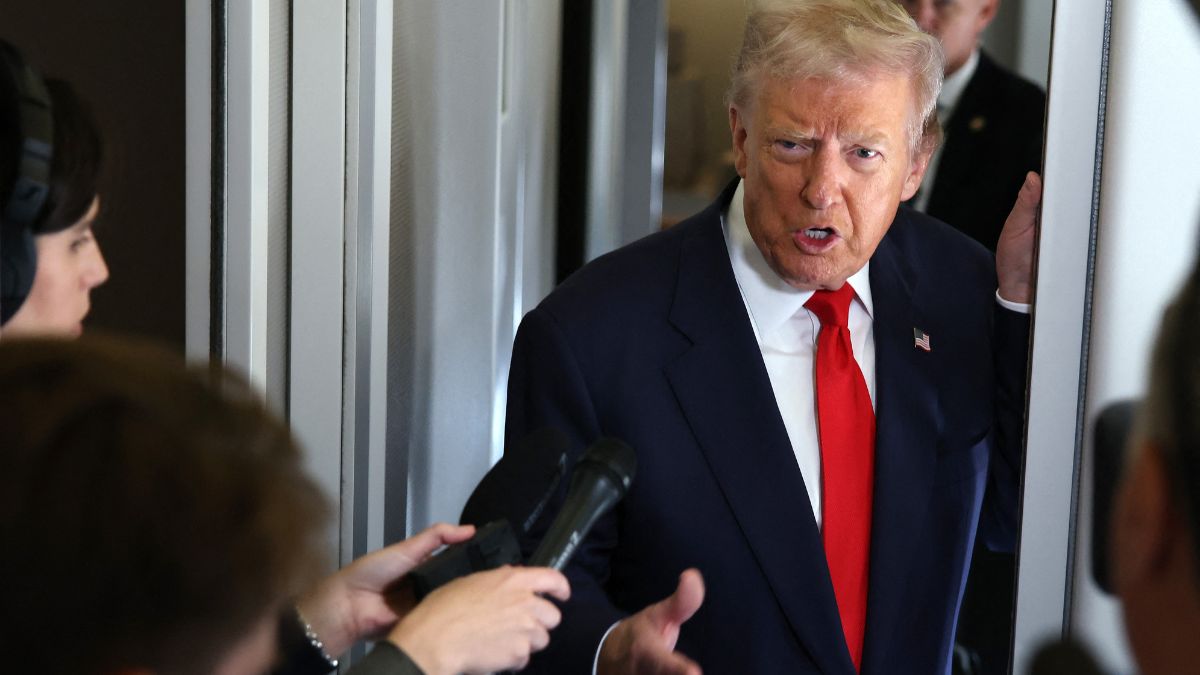)
)
)
)
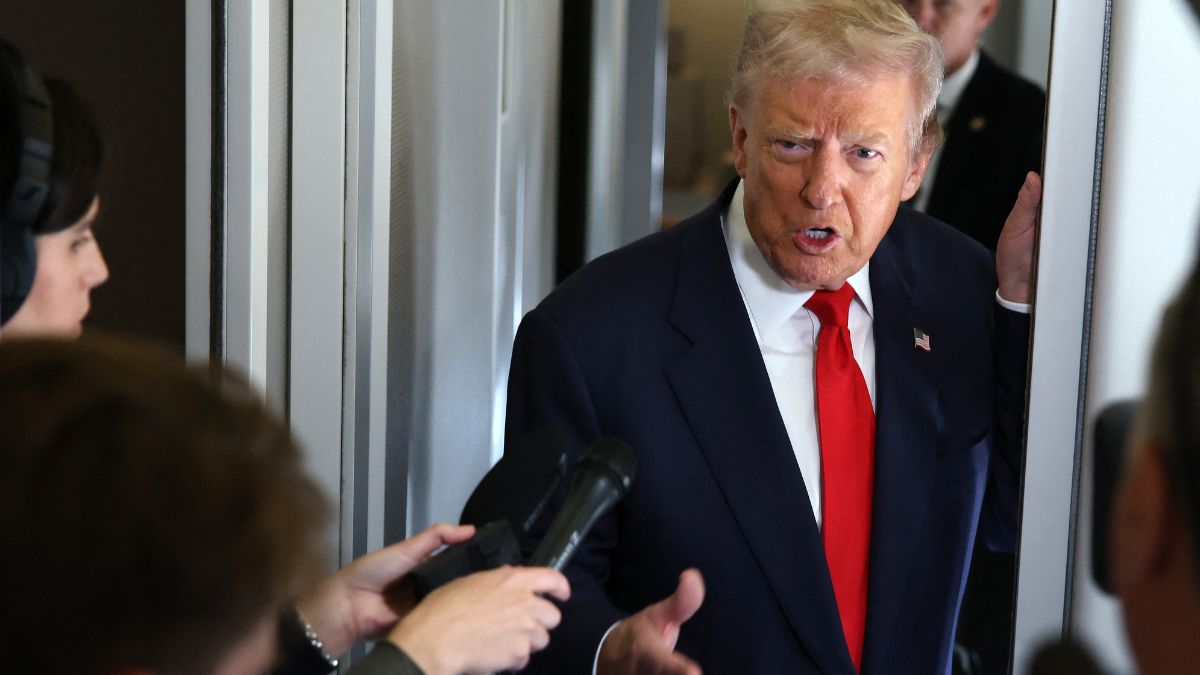)



